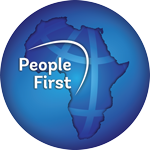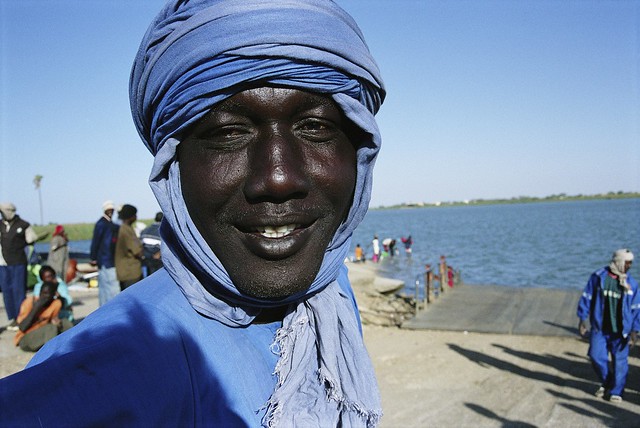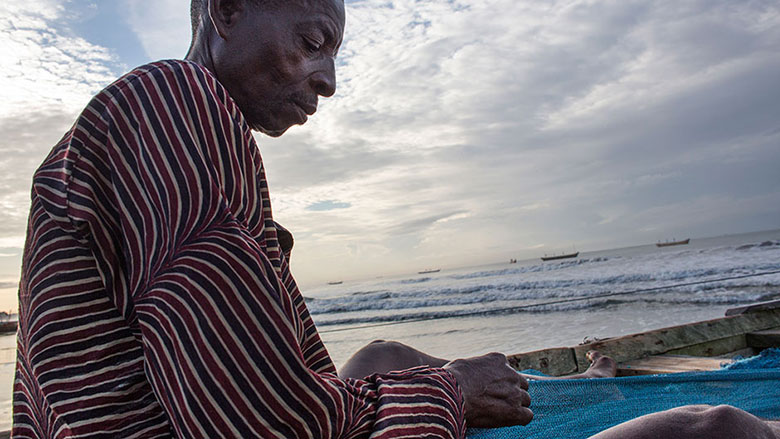Located on the West African coast, Togo is bordered by Ghana, Benin, and Burkina Faso, and is home to approximately 8.5 million people. Poverty rates are significantly higher in rural areas (58.8%) compared to urban areas (26.5%). This disparity is largely due to economic growth being primarily concentrated in modern sectors and limited access to quality services. Poverty is more prevalent in female-headed households (45.7%) than in male-headed ones (45.2%). Women remain more vulnerable, with more limited access to economic opportunities, education, health care, and other basic socioeconomic infrastructure. Togo’s score on the Human Capital Index (HCI) stands at 0.43. This means that children born in Togo today will be only 43% as productive as they could be as adults, due to limited access to good health care, adequate nutrition, quality education, and sufficient food.
Political Context
For several years, Togo’s political landscape has been dominated by the ruling party, the Union for the Republic (UNIR). A significant shift occurred with the adoption of a new Constitution on March 25, 2024, marking the transition from a semi-presidential system to a parliamentary system. The Parliament, now composed of two chambers — the National Assembly and the Senate — is responsible for electing both the President of the Republic and the President of the Council.
Under the new parliamentary system, the President of the Republic holds primarily symbolic functions, while the President of the Council — selected from the majority party — holds full executive authority, including over civil and military appointments. Parliament is now bicameral, comprising a National Assembly and a Senate. The 2024 and 2025 elections confirmed the dominance of UNIR in both chambers.
Economic Situation
Despite persistent shocks since the COVID-19 pandemic, Togo’s economy has demonstrated resilience, recording an average growth rate of 6.1% between 2021 and 2023, partly supported by fiscal stimulus measures. However, high inflation and disparities in economic opportunities between rural and urban areas continue to hinder progress in reducing poverty and inequality.
After posting a GDP growth rate of 5.3% in 2024, the economy is projected to slow to around 5.1% in 2025, due to fiscal consolidation efforts, weak global demand, and regional uncertainties. The fiscal deficit is expected to decrease from 6.1% of GDP in 2024 (4.5% excluding the recapitalization of the Union Togolaise de Banque [UTB]) to 3% in 2025, thanks to improved revenue mobilization and reduced public spending, particularly capital expenditures. The impact of fiscal consolidation on economic activity is expected to be partially offset by a rebound in consumption, supported by declining inflation, while private investment is being driven by the development of the Adétikopé Industrial Platform (PIA). On the supply side, although industrial activity shows signs of slowing — notably due to weaker external demand — a relatively strong agricultural season and sustained activity in the services sector have helped support overall economic activity.
Despite a challenging regional and global environment, growth is projected to strengthen to an average of 5.5% in 2026–2027. This modest increase is expected to be driven by ongoing and planned private investment projects, as well as rising consumption as inflation falls below the 3% threshold. In this context, the poverty rate is expected to gradually decline to 20.3% by 2027 (international definition), supported by higher per capita GDP and lower inflation.
Last Updated: Mar 31, 2025







